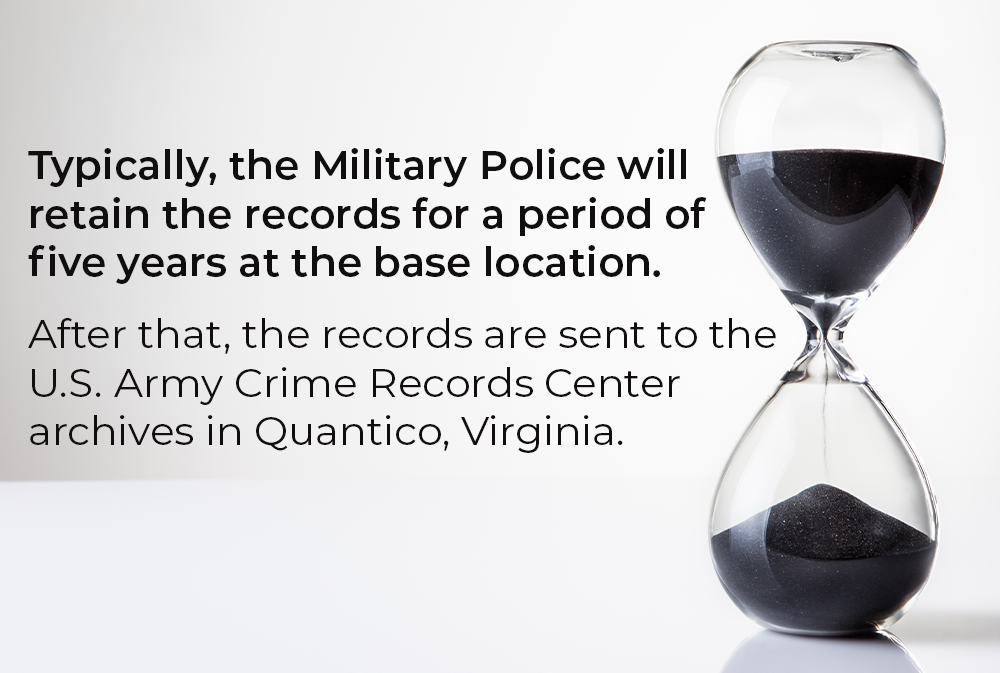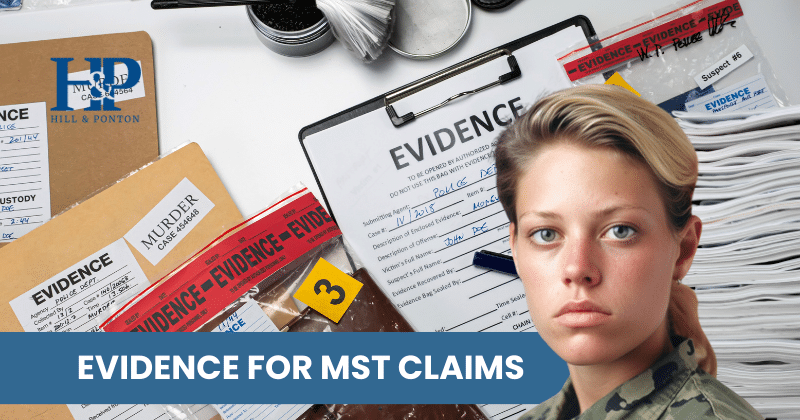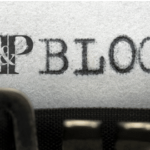How Can Veterans Show Evidence of Military Sexual Trauma?
Sexual assault continues to be a serious problem in the military. In 2018 alone, 20,500 service members were raped or sexually assaulted.
This breaks down to 13,000 women and 7,500 men.
Military sexual trauma, or MST, includes both military sexual assault and sexual harassment.
This type of trauma can lead to both physical and mental health conditions. Fortunately, MST survivors can receive veterans benefits, including free VA healthcare, for mental and physical health issues.
When seeking disability compensation and benefits through the U.S. Department of Veterans Affairs, former military service members will need to provide evidence of the in-service incident.
This guide will help you gather evidence and records to support your claim.
Effects of Military Sexual Trauma
Both male veterans and female veterans can experience long-term effects following an MST incident.
Veterans may experience the following symptoms:
- Feelings of depression
- Feelings of anger and irritability
- Feelings of emotional numbness
- Difficulty concentrating
- Difficulty sleeping
- Memory challenges
- Substance abuse
- Feelings of being “on edge”
- Resistance to authority
- Difficulty maintaining relationships
- Chronic pain
- Sexual difficulties
- Weight challenges and eating disorders
- Gastrointestinal issues
Keep in mind that this is a limited list, and the mental and physical effects of this psychological trauma can vary greatly.
By proving service-connection and qualifying for VA benefits, veterans can start to receive the MST-related care they need.

Records for MST Claims
When the VA reviews MST claims, they look for several types of evidence.
The evidence will fall into two main categories: evidence of the incident and evidence of behavioral changes.
These can include:
- Records from organizations like law enforcement agencies, rape crisis centers, medical facilities, and mental health counseling centers
- Medical records from health care providers of inpatient and outpatient care
- Medical records like pregnancy tests and sexually transmitted disease tests
- Mental health records documenting post-traumatic stress disorder, substance abuse, depression, anxiety disorders, panic attacks, etc.
- Statements from fellow service members, family members, roommates, and friends
- Records of military duty assignment transfer
When receiving statements from family members, fellow service members, and other peers, the VA will look for symptoms like changes in behavior, changes in work performance, changes in habits like increased substance use, and evidence of mental health conditions.
You can read more about what the VA will look for in MST claims here.
When gathering evidence of any traumatic event, medical records from clinicians are some of the most important pieces evidence for your disability claim.
The VA claims process will focus on the health problems that MST survivors experience as a result of their trauma.
Records Available From Military Archives
Even if a veteran has eligibility for VA benefits and reported their MST following the incident, they may have trouble locating the necessary records when it comes time to file the claim.
This is because the military only keeps records for a certain amount of time.
Fortunately, there are several ways to locate these records.
We have talked about the definition of MST, some of the difficulties faced with these cases, and various ways you can help to prove your claim using credible secondary evidence.
The following contains information regarding how you might locate records pertaining to MST events previously reported on military bases that could potentially provide irrefutable evidence of an occurrence.
We recently handled a case for a veteran who had suffered from an event involving MST caused by the actions of a superior officer in the U.S. Army.
At the time of the event, the veteran, fortunately, reported the incident to the Military Police at the base.
But because it had been more than five years since the incident had occurred, the records were no longer at the military base.
(Typically, the Military Police will retain the records for a period of five years at the base location. After that, the records are sent to the U.S. Army Crime Records Center archives in Quantico, Virginia.)
It was fairly easy to request the records from the Army’s Crime Records Center (CRC).
The Privacy Act request form is available at the CRC’s website: http://www.cid.army.mil/crc.html.
It must be sent along with a legible copy of the requester’s government issued photo ID and can be mailed or faxed to the CRC.
Their website notes that if your request is in support of a VA claim, then you will get a more rapid response if you contact your VA representative (or attorney) and have their office fax your request to 571-305-4155 (CRC Records Division).

In this instance, we requested copies of a 1977 incident providing the veteran’s name, SSN, date of birth, contact information, an approximate date of the incident and a brief description of what occurred.
(We did not have the exact date or even month of the incident but only used an approximation.)
The completed form also had to be signed by the veteran.
The veteran was very pleased to receive the results in about three weeks, and the report clearly supported his story of what had occurred.
There was also no fee involved to obtain the report.
Other branches of the military also have websites indicating how to obtain criminal records from their archived sites:
U.S. Navy & U.S. Marines — NCIS FOIA Request
U.S. Air Force — http://www.foia.af.mil/
This is just one avenue to possibly use to help prove your claim.
In prior articles, we have mentioned various other methods that might be beneficial as well as the elements necessary to prove a VA MST claim.
Have Questions About Your MST Claim?
Navigating the VA disability claims process and health care system can be challenging.
If the VA denied your claim for benefits, the team at Hill & Ponton can help.
We help veterans and their family members seek VA disability compensation, disability benefits, and other types of VA services.
Contact us today for a free case evaluation.
We can assess your MST claim or any related claims.
Resources for MST Survivors
You can also read more about veterans services for MST on the VA website and through the Veterans Health Administration.
Women veterans can find support resources through the Center for Women Veterans (CWV).
You can also connect with an MST coordinator through your local VA regional office, which are listed on VA.gov.
They can help you seek the health care services and support you need.




